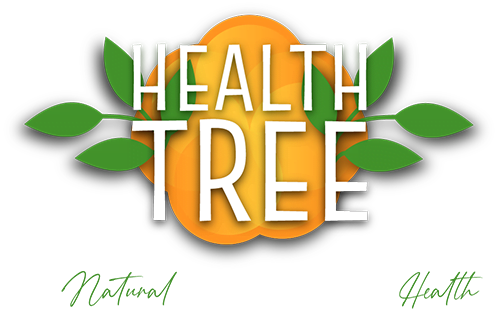Did you realize that gut microbiome is not only related to good health but also to restful sleep?
We know now that there are lots of health benefits to be had from a balance of good bacteria or good intestinal bugs. We know that with that balance, people will enjoy a decreased risk for diabetes, bowel disease, obesity, arthritis and autism. If you have balanced gut flora, then you can reduce the number of free radicals in your body and prevent the formation of numerous kinds of cancer.
Your gut is sometimes referred to by health experts as a second brain. That’s because it plays an important role in good health. If you have balanced gut microbiome, then you will have more control over your mood and be more likely to have a good disposition. New research has shown us that having the right microbes in the gut can lead to better mental health ad less anxiety and depression.
If even that isn’t enough to motivate you to start incorporating probiotics in your diet, then you should also know that eating probiotic-rich foods like yogurt and sauerkraut has been linked to a more restful sleep cycle. Of course, we know that getting a good night’s rest is important to having a healthy body, and many times our busy lifestyle will keep us from getting the rest we need.
If you don’t get enough sleep, you can feel irritable and lethargic all-day long.
A study from the Harvard University Medical School and their Division of Sleep Medicine has indicated that a lack of sleep, especially if it happens regularly, could have a long-term impact on our health. It could lead to serious, chronic medical conditions, such as increased blood pressure, diabetes and heart disease, all of which contribute to a decreased life expectancy.
More and more evidence points to healthy gut microbiomes improving our health and sleep patterns.
Author and nutrition expert Shawn Stevenson covers the relationship between sleep and gut health in book about sleeping smarter. In there, he says that gut health and sleep are closely connected, and many people don’t understand that. If you want your body to produce sleep hormones at the levels it is suspended to, then you need to ensure that your gut has a healthy level of good bacteria, called microbiome.
The healthy balance helps to give us good quality sleep and to keep our body’s sleep patterns (known as cicada rhythms) in check. If these patterns are disrupted, we have trouble sleeping and feeling rested and we may experience an increase in inflammatory diseases.
If you don’t get enough sleep, then the gut bacteria in your body can be thrown off balance. It may be difficult to get the recommended eight hours of sleep per night, since we live such busy lives. We spend so much time commuting, taking care of our kids, going to activities and working that we may not have time for the sleep we need.
What can help is having the right balance of gut bacteria, as that can make it easier to get more productive and more restful sleep. However, a gut health diet that works well for one person may not be very effective for someone else. You may need to do some experimenting with different foods to find out what works well for you. You can take down some notes about the results and compare how one works for you as compared to another.
You can make your own sauerkraut at home as well as kimchi, yogurt and other foods that are good for your health. You will find that a lot of the versions of these you can buy in stores are preheated and devoid of a lot of the beneficial gut bacteria that you need for better sleep and better overall health. You need the cultures to still be alive to benefit from them. Foods like onions, garlic, green bananas and asparagus all provide some great health benefits, but promote great gut health as well.
It’s always best to get professional advice from your doctor before you make any major changes to your diet. We also encourage you to research probiotic foods for yourself and see how they may benefit you.



